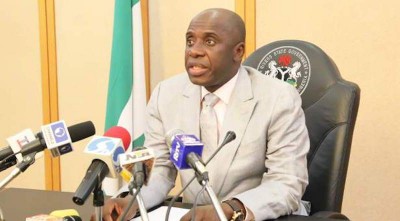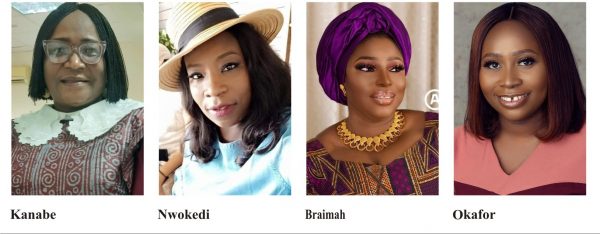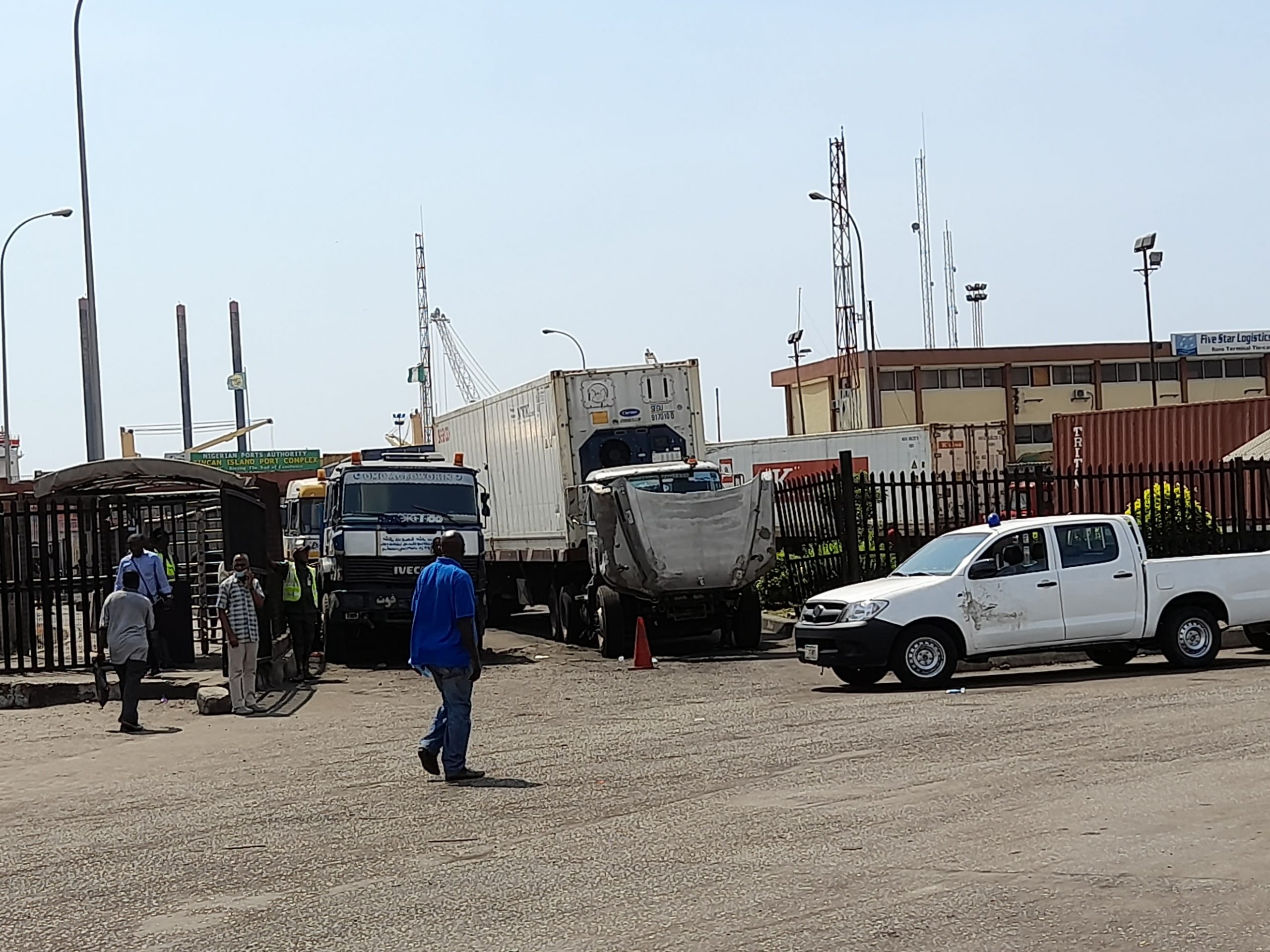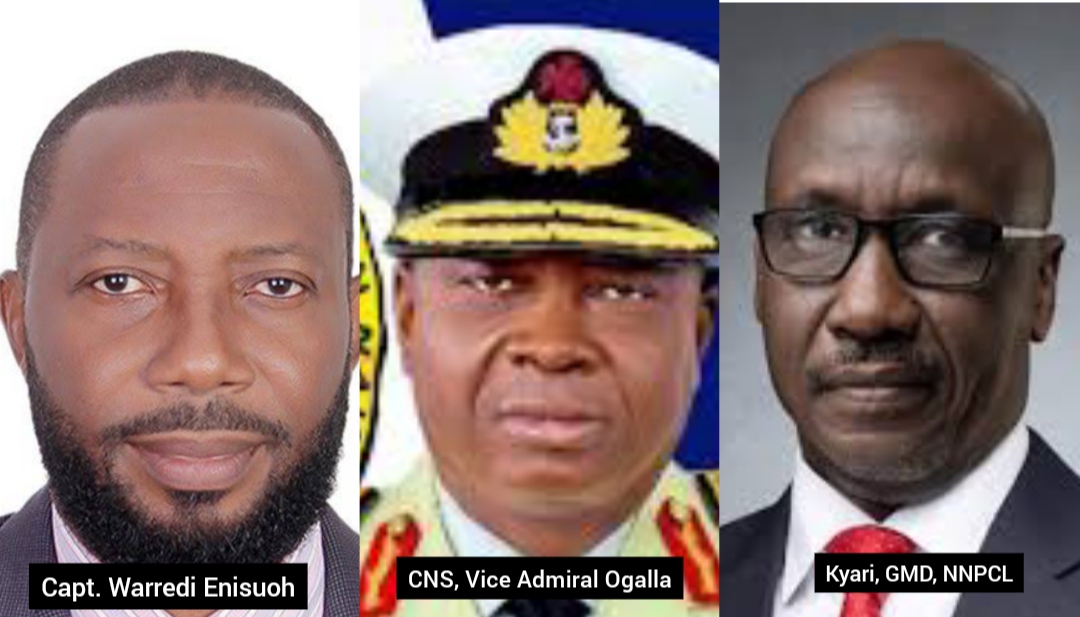How Prepared Is Nigeria For IMO Council Elections?
By Yusuf Odejobi
Four months to the next International Maritime Organization (IMO) Governing Council elections, stakeholders in Nigeria’s maritime sector have expressed doubts about the nation’s readiness for the polls, highlighting some reasons why Nigeria isn’t ready.
While some experts argue that there is a need for Nigeria to postpone its desire to contest for the Category C spot as they observed that it is not yet time to compete, others have also questioned the relevance of the IMO Council seat vis-à-vis the resources expended by the country on the matter biennially.
During an online summit with the theme; “Objective Appraisal of Nigeria’s Eligibility for IMO Council Membership”, organized by Women’s International Shipping and Trading Association (WISTA) Nigeria last week, participants, including directors at government agencies stressed several pertinent issues to be addressed before Nigeria contests.
IMO is the United Nations specialized agency with responsibility for the safety and security of shipping and the prevention of marine and atmospheric pollution by ships. The IMO Council is the executive organ of IMO and is responsible, under the Assembly, for supervising the work of the organization.
Category C of the IMO comprises countries, which have special interests in maritime transport or navigation and whose election to the IMO Council will ensure the representation of all major geographic areas of the world.
In Nigeria, the major developmental achievement since the last IMO electoral outing include; the deployment of the Deep Blue assets, the Suppression of Piracy and Other Maritime Offences (SPOMO) Act, 2019 to prosecute and punish sea pirates and robbers, the ongoing removal and recycling of shipwrecks and derelicts recovered from the waters by Nigerian Maritime Administration and Safety Agency (NIMASA).
Others are the completion of the installation of Global Maritime Distress and Safety System (GMDSS) equipment to boost the nation’s domain awareness response capability, Implementation of the International Ship and Port Facility Security (ISPS) Code, improved level of flag and port state obligations which has led to the decline in many detained vessels due to infractions, contribution to Gross Tonnage of the World Merchant Shipping Registered by country, the National Maritime Transport Policies (NMTPs) to strengthen maritime capacities among other things.
While stakeholders and participants agreed the nation has taken steps to correct some of the issues that have worked against getting into the Council in recent years, some believe that the nation should exercise patience and allow the assets deployed and initiatives materialize such that Nigeria would have some statistics and data to share on what it has done to support its candidature come 2023 or few years later. This school of thought argued that the international community should be able to testify to the nation’s progress in these areas before Nigeria commences lobbying.
Meanwhile, industry observers have also noted that getting into the IMO Council goes beyond meeting eligibility criteria, lobbying and campaigning as certain factors such as the perception of the nation in the global maritime space, long vessel dwell-time, challenges for berthing, lack of national fleet, corruption and manual processes at the port, poor and short term preparation, lack of international trade portal, the lack of ease of doing business (EoDB), absence of synergy among government agencies among other factors culminate in the decision-making process for nations that are expected to vote Nigeria at IMO.
The argument is that until government agencies resolve to work in unison towards addressing these issues, the much-anticipated success at IMO Council elections may continue to elude the nation.
What is the significance of being an IMO member in Category C? With the efforts and the funds spent every two years in campaigning for the IMO election, to what extent does it translate into value even if Nigeria becomes a member of the Council? How does being a member of the IMO Council translate to the bottom line of the nation’s maritime industry? These were some of the questions raised at the virtual conference last week.
Speaking at the summit, a Senior Partner, Akabogu & Associates, Barr. Emeka Akabogu said the reason Nigeria is losing out is based on the perception of member states who are voting.
“When a vessel comes into the country, the master and crew of the vessel have to spend 14 days in the country trying to get berthing space. After getting a berth space, they also spend a lot of money. They have to pass through several unusual bottlenecks with regards to securing passage to berth.”
“There’s a need for a coordinated trade, secure and merchant marine strategy towards ensuring that the nation can provide experiences for international operators which will translate into good perception to be voted in, at the IMO Council,” he said.
Noting that the nation also needs to also comply with the eligibility criteria, he highlighted some criteria such as; shipbuilding and recycling services, ports and harbours, large waterways used in support of international maritime navigation, location on international shipping dwells, provision of maritime services for international shipping etc which he noted that some of having been met while some needs more deliberate positioning to achieve.
He, however, urged the Federal Government to make use of the indices to develop her maritime domain, even as he observed that the benchmark with regards to countries being judged by the international community is not very clear which leaves an open window for discretion and vested interest.
It is also puzzling to note that from 2016 till date, the same set of countries have been re-elected into the Council, with 2 or 3 variations biennially. Therefore, Nigeria could be competing for just two or three slots which make it very competitive.
Quoting a chart from Clarkson’s website, Akabogu said, “2019/2020 data shows that Nigeria has 773 ships under the National fleet with 45 million MT tonnage. Comparing this to other members of the IMO Council shows that Nigeria is not doing well, but at the same time, Nigeria is doing better than some nations in the Category C of the IMO Council”
“Liberia has about 3317 in size of the fleet while Kenya has 25 yet Kenya has competed and won in the last recent elections compared to Nigeria. Kenya’s data doesn’t seem to meet up with Nigeria on eligibility criteria. Compared to Liberia, Cyprus, the Bahamas these countries seem to meet up with the criteria with regards to tonnage and fleet size. On sea-faring potential within the country, Nigeria has about 5,760 compared to 216,000 of the Philippines but then compared to Kenya at 185, this is a contradiction,” he said.
Also speaking at the summit, an Assistant Director, Special Duties Unit at Nigerian Shippers’ Council (NSC), Ms. Adaora Nwonu opined that there is a need for Nigeria to postpone its desire to contest for the Category C spot even though efforts and critical infrastructures have been put in place.
“We want a situation where we can be able to prove our ability to manage things successfully and have substantial data to back it up. We need to build on that for a while,” she said.
According to her, Nigeria could mirror what other nations like Egypt, South Africa and Kenya are doing that makes them successfully and consistently get into the Council.
“We can make a trade-off with other neighboring nations and make them see reasons to support us. Or rather wait and see if the Council hopefully approves the recommendations of the 33rd extraordinary session of IMO Council held in April 2021, then there could be more chances because the numbers of membership would increase to twenty-eight seats in category C,” she stressed.
Since the IMO Council intends to expand its allocated seats in Categories A and B from 10 to 12 each and from 20 seats to 28 seats in Category C in IMO Assembly in December 2021, she expressed optimism that Nigeria could find it easier to get in.
Adaora, however, maintained that preparation for IMO elections should be done several months or at least a year before the elections, arguing that poor preparation is one of the reasons Nigeria has lost in recent years.
Her words: “We need quality representation that can build quality relationships and contribute something of value at IMO meetings. This goes a long way in perception. We need to have an efficient environment, port automation, port community system etc for vessels that call at the nation’s port. It’s a cycle. How foreigners perceive us goes into how they relate with us in meetings and it influences their decisions at elections”
“Government agencies need to comply with the executive order on ease of doing business, and shouldn’t be the ones flouting it. Other countries are doing 24 hours to 48 hours clearance and we’re doing five to seven days. The peculiarity of our port environment is inhibiting 24 hours cargo clearance. Ghana’s Tema harbour is doing 24 hours while we’re doing 21 days at anchorage.”
Adaora noted that there is no international trade portal for the nation and even when the United Nations Conference on Trade and Development (UNCTAD) decided to help with one, lack of commitment and communication between agencies of government stalled UNCTAD’s efforts.
Meanwhile, Nigeria’s Ship Registrar and Deputy Director at the Nigerian Maritime Administration and Safety Agency (NIMASA), Mrs. Nneka Obianyor noted that if things are done rightly, the nation could be back into the IMO Council.
“Getting into the IMO council requires a lot of effort and strategic planning. With the right support and full backing of the Federal Government, Nigeria will surely get into the council for the 2022 to 2023 biennium,” she said.
She opined that what could be a game-changer for the nation is the Deep Blue Project, the SPOMO Act, improved compliance level on the implementation of the ISPS Code, improved level of flag and port state obligations, wrecks removal among others.
However, a Senior Manager, Pollution and Control at NPA, Mrs. Sharon Amu argued that Nigeria had a good opportunity to get the IMO Council seat this year.
Although Sharon noted that there are areas for improvement in the nation’s maritime sector, she expressed optimism that the progress recorded in Deep Blue Project, port access roads reconstruction, among other factors place Nigeria in an advantageous position.
Earlier, the President of WISTA Nigeria, Mrs. Eunice Ezeoke stressed that Nigeria needs to look inward and further develop capacity and infrastructures as part of efforts to project the country as a serious-minded, focused global maritime player in the region.
“The regulatory agencies need to enhance the sector reforms in conformity with the United Nations Sustainable Development Goals (SDGs). Nigeria as a nation must seriously consider the acquisition of a national career with her flag which will provide sea-time experience for her teeming cadets and seafarers. The IMO Member States are keenly watching to see the commitment of Nigeria towards achieving all these,” Ezeoke said.
Perhaps, it’s time Nigeria expends its resources improving all aspects of maritime business. Ghana hasn’t bothered contesting in the last few years but it has made improvements across the board. If Nigeria must be at the IMO Council, it should be a reflection of efficiency and effectiveness.








